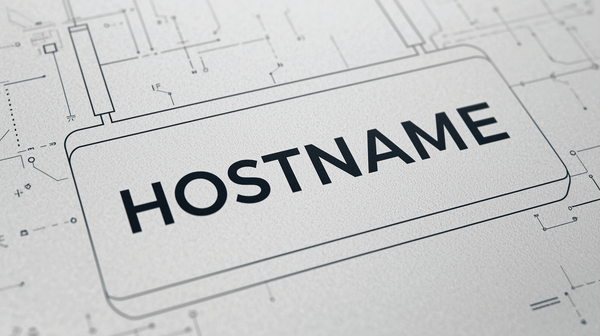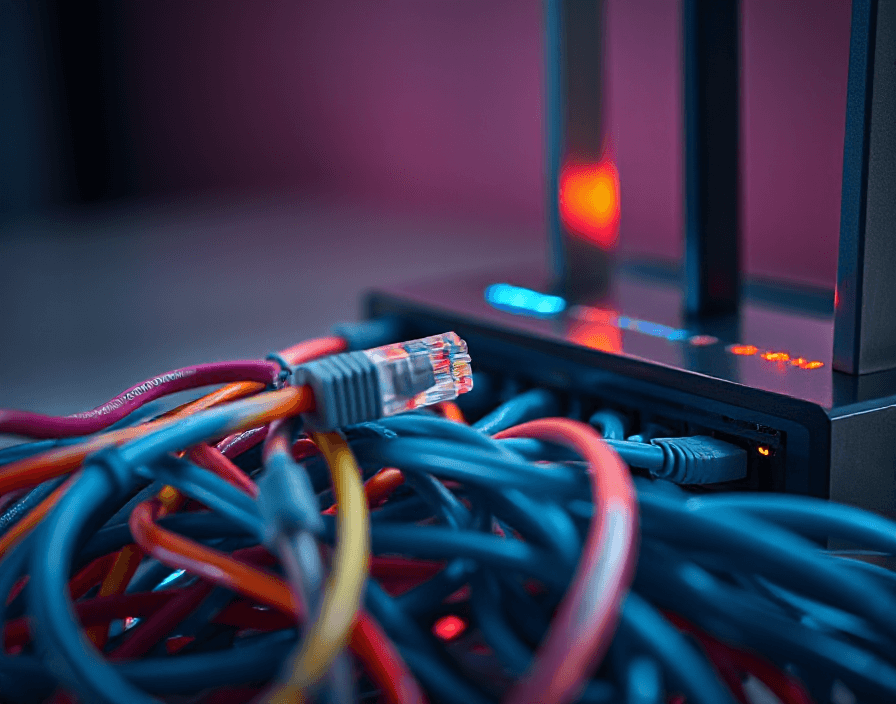Networking Terminology Every CCNA Candidate Should Know
Master essential CCNA glossary terms and network terminology that form the foundation of your networking career. Learn key definitions, models, and concepts to boost your exam success.

As a CCNA candidate, mastering key networking terminology is essential for your success. You need to understand terms such as protocol, IP address, subnet mask, and MAC address, which are vital to effective network management. Familiarity with the OSI and TCP/IP models will enhance your ability to troubleshoot and communicate within IT environments. Knowing how Cisco tests this terminology will also give you an edge. Continue to discover more terms and concepts that can strengthen your knowledge.
Importance of Networking Terminology for CCNA Success
Networking terminology forms the backbone of your CCNA success. Mastering these CCNA terms is essential for grasping network fundamentals and understanding networking concepts.
Without a solid foundation in network terminology, you risk misconfigurations and troubleshooting difficulties. For instance, knowing the difference between a MAC address and an IP address is essential for effective network design and management.
Your CCNA study guide will emphasize these key terms, ensuring you can apply them in real-world scenarios. Each term you learn not only prepares you for the exam but also enhances your ability to communicate effectively within IT environments.
Essential Networking Terms to Master
Mastering essential networking terms is essential for your success in the CCNA certification. Familiarize yourself with the ccna glossary, as it provides a foundation for understanding core concepts.
Key computer networking terms include protocol, IP address, subnet mask, MAC address, and default gateway. These terms represent fundamental Cisco terminology that you'll encounter throughout your studies.
Knowing ccna keywords enables you to grasp how devices communicate, manage addressing, and troubleshoot effectively. For instance, understanding the difference between a switch and a router is critical for configuring networks.
Understanding the OSI and TCP/IP Models
While you're diving into the intricacies of networking, understanding the OSI and TCP/IP models is essential for grasping how data moves across networks. These models provide the framework for protocol definitions and help clarify network basics essential for the CCNA 200-301 exam. Familiarizing yourself with these layers enhances your networking vocabulary and prepares you for real-world applications.
| OSI Layer | TCP/IP Layer | Functions |
|---|---|---|
| Application (7) | Application (4) | User interface and data handling |
| Transport (4) | Transport (3) | Reliable or connectionless delivery |
| Network (3) | Internet (2) | Routing and addressing |
| Data Link (2) | Network Access (1) | Frame handling and MAC addressing |
| Physical (1) | Network Access (1) | Signal transmission |
Mastering these concepts is critical for your Cisco study guide preparation.
How Cisco Tests Networking Terminology
Cisco tests your understanding of networking terminology through various question formats in the CCNA exam, ensuring you can apply concepts in practical scenarios. This approach helps solidify your knowledge and prepares you for real-world applications.
Here are three key ways Cisco evaluates your terminology skills:
- Scenario-based questions: You’ll encounter situations that require you to apply terms, such as identifying a broadcast domain's role during troubleshooting.
- Multiple-choice formats: Questions may ask you to define terms, which helps you recall definitions under pressure.
- Command output interpretation: Understanding command results, such as
show ip interface brief, is essential for recognizing network status and diagnostics.
Mastering these aspects will enhance your success in the exam and your future networking career.
Bridging Theory With Practical Application
To effectively bridge theory with practical application, it’s essential to connect your understanding of networking concepts with real-world scenarios.
For instance, when you configure a router, knowing the difference between a subnet mask and a wildcard mask can directly impact your access control lists. This connection between theoretical knowledge and practical tasks enhances your troubleshooting capabilities.
Familiarize yourself with command outputs, such as “show ip interface brief,” to interpret device statuses accurately. Additionally, understanding DHCP's role in IP address assignment helps you configure networks efficiently.
By applying terminology in practical exercises, you’ll reinforce your theoretical knowledge, making it easier to tackle CCNA exam questions and real-world networking challenges.
Frequently Asked Questions
What Resources Are Best for Learning Networking Terminology?
For learning networking terminology, use Cisco’s official documentation, online courses like those from Udemy or Coursera, and networking forums. Engaging with practical labs and hands-on exercises also effectively solidifies your understanding.
How Can I Memorize Networking Terms Effectively?
To effectively memorize networking terms, use flashcards, engage in practice quizzes, and apply concepts in hands-on labs. Regular review and real-world applications reinforce your understanding, making it easier to recall these terms during the CCNA exam.
Are There Any Networking Terminology Flashcards Available?
Yes, you can find networking terminology flashcards online, including platforms like Quizlet or Anki. These resources help reinforce your understanding and retention of key terms, making your CCNA exam preparation more effective and engaging.
How Does Networking Terminology Relate to Cybersecurity?
Networking terminology is crucial for cybersecurity. It helps you understand vulnerabilities, protocols, and defensive measures. Knowing terms like firewall, VPN, and intrusion detection allows you to implement effective security strategies and communicate clearly with your team.
What Role Does Networking Terminology Play in Network Design?
Networking terminology plays a critical role in network design by providing explicit definitions and frameworks. It enables you to plan, configure, and troubleshoot effectively, ensuring that your network architecture meets performance, scalability, and security requirements.



